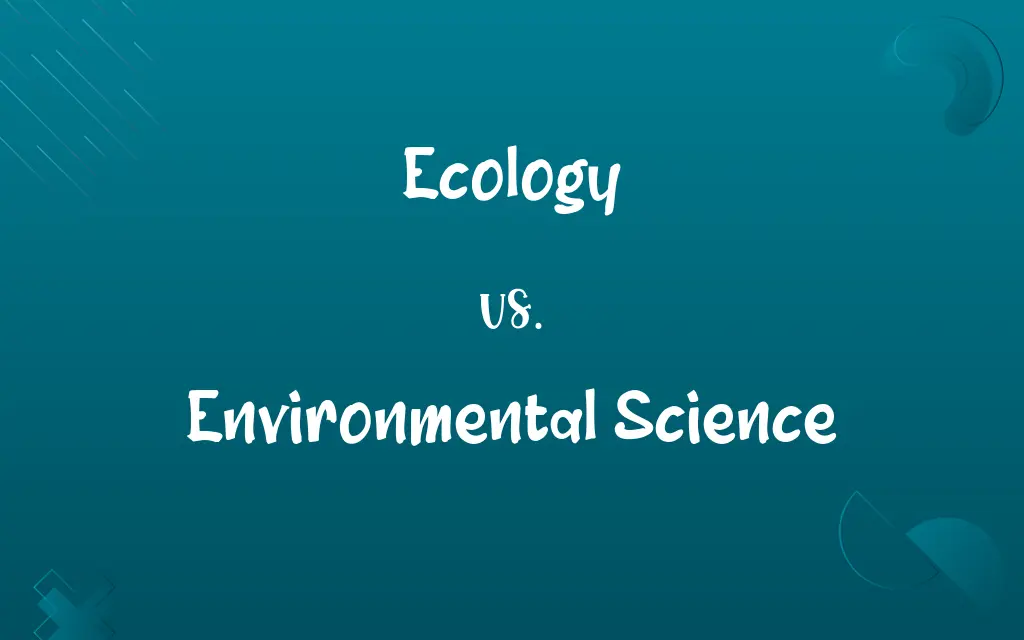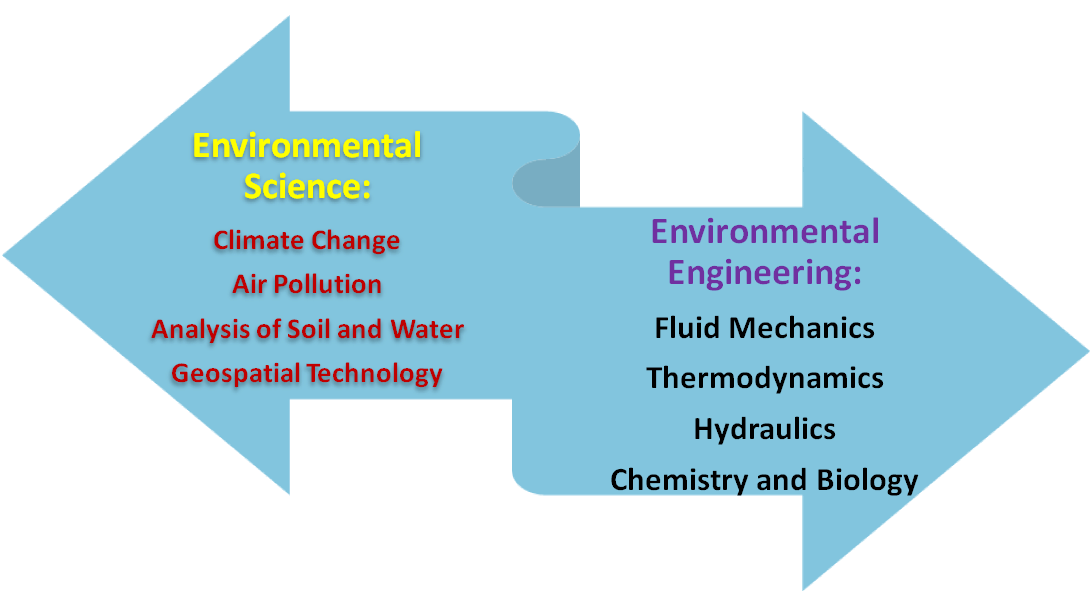Understanding the distinction between Environmental Science and Environmental Geography is essential for students, researchers, and environmental professionals who aim to work in fields related to the environment. While both disciplines focus on the study of the environment, they approach it from different angles and offer distinct methodologies and applications. This post explores the key differences between these two fields, helping you choose the right academic or career path and shedding light on how these disciplines complement one another.
Environmental Science focuses more on the scientific processes that govern ecosystems and environmental phenomena, while Environmental Geography emphasizes the spatial relationships between human societies and the environment. Both fields are interdisciplinary in nature, but their scope, methods, and real-world applications vary significantly. For those interested in studying or working within the environmental sector, having a clear understanding of these differences is crucial for selecting the right path.

Environmental Science is a multidisciplinary field that integrates knowledge from the physical, biological, and chemical sciences to study the environment. Its primary goal is to understand how natural processes and human activities impact ecosystems, and how to mitigate those impacts through sustainable practices. The scientific nature of Environmental Science allows researchers to investigate environmental phenomena in-depth, applying empirical methods such as laboratory experiments and field observations to gather data.
At its core, Environmental Science is concerned with the health of the planet. Researchers in this field address critical global issues such as climate change, pollution, deforestation, and biodiversity loss. To tackle these problems, environmental scientists draw upon a range of disciplines, including ecology, geology, atmospheric sciences, and marine biology. This combination of fields enables them to investigate complex environmental systems, from the composition of the atmosphere to the behavior of organisms in ecosystems.
Key Areas of Environmental Science include:
- Ecosystem Management: Focuses on the sustainability and preservation of ecosystems and their biodiversity.
- Pollution Control: Studies methods for reducing pollutants in the air, water, and soil.
- Renewable Energy: Explores alternative energy sources to reduce reliance on fossil fuels.
- Environmental Policy: Involves the development of regulations to address environmental issues such as climate change and resource depletion.
In practice, environmental scientists may work on projects aimed at restoring ecosystems, assessing the impact of industrial activities on local environments, or developing technologies to reduce pollution. Whether working in a laboratory, conducting fieldwork, or advising policymakers, their ultimate goal is to ensure that human development occurs in harmony with nature.
What is Environmental Geography?
Environmental Geography, on the other hand, is a subfield of geography that examines the spatial relationships between humans and their environment. Unlike Environmental Science, which focuses more on the scientific and ecological processes at play, Environmental Geography is primarily concerned with how human societies shape and are shaped by the natural environment. This field blends aspects of human geography, physical geography, and environmental studies, making it a diverse and dynamic discipline.
Geographers in this field study how physical features like mountains, rivers, and climate zones interact with human activities such as agriculture, urbanization, and industry. For example, they might investigate how population density in urban areas influences land use patterns, or how deforestation impacts the water cycle in a particular region.

